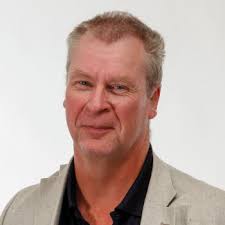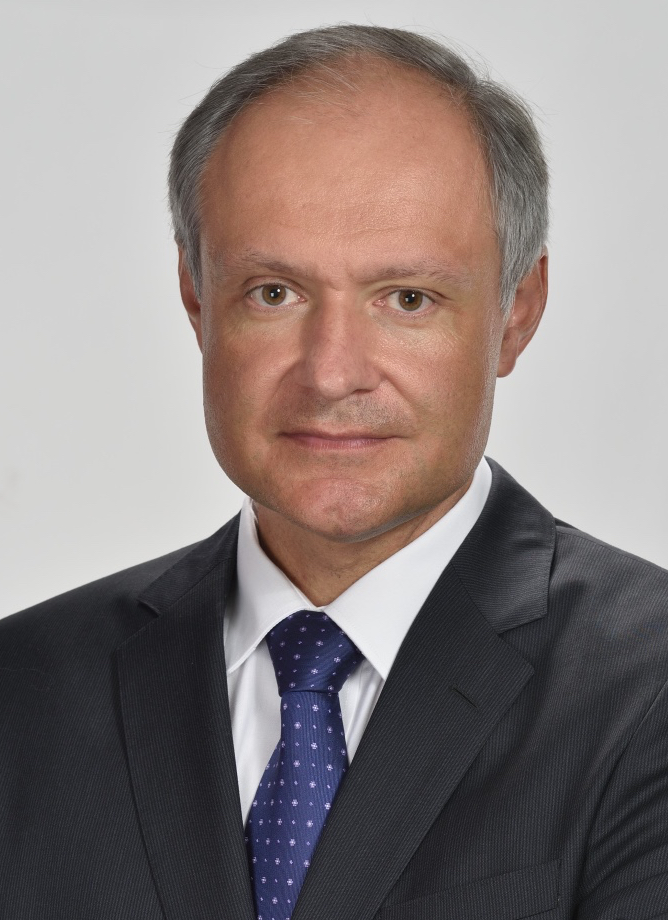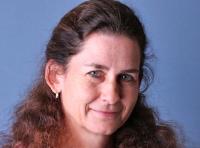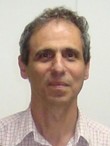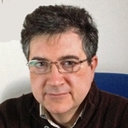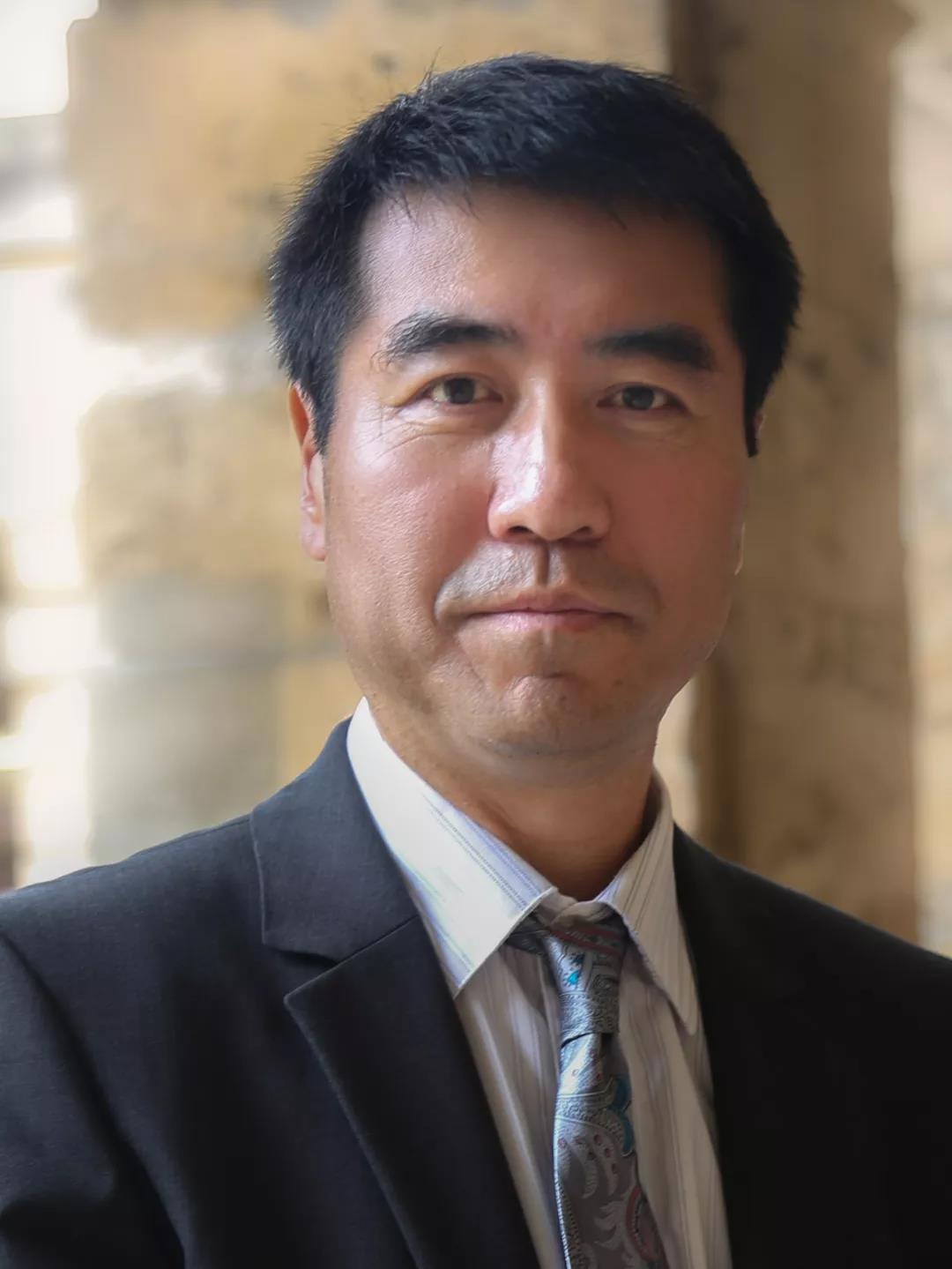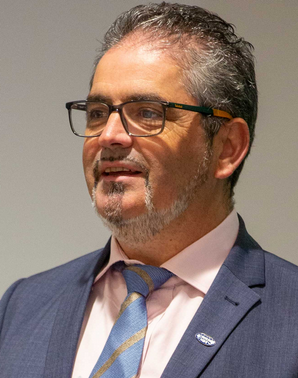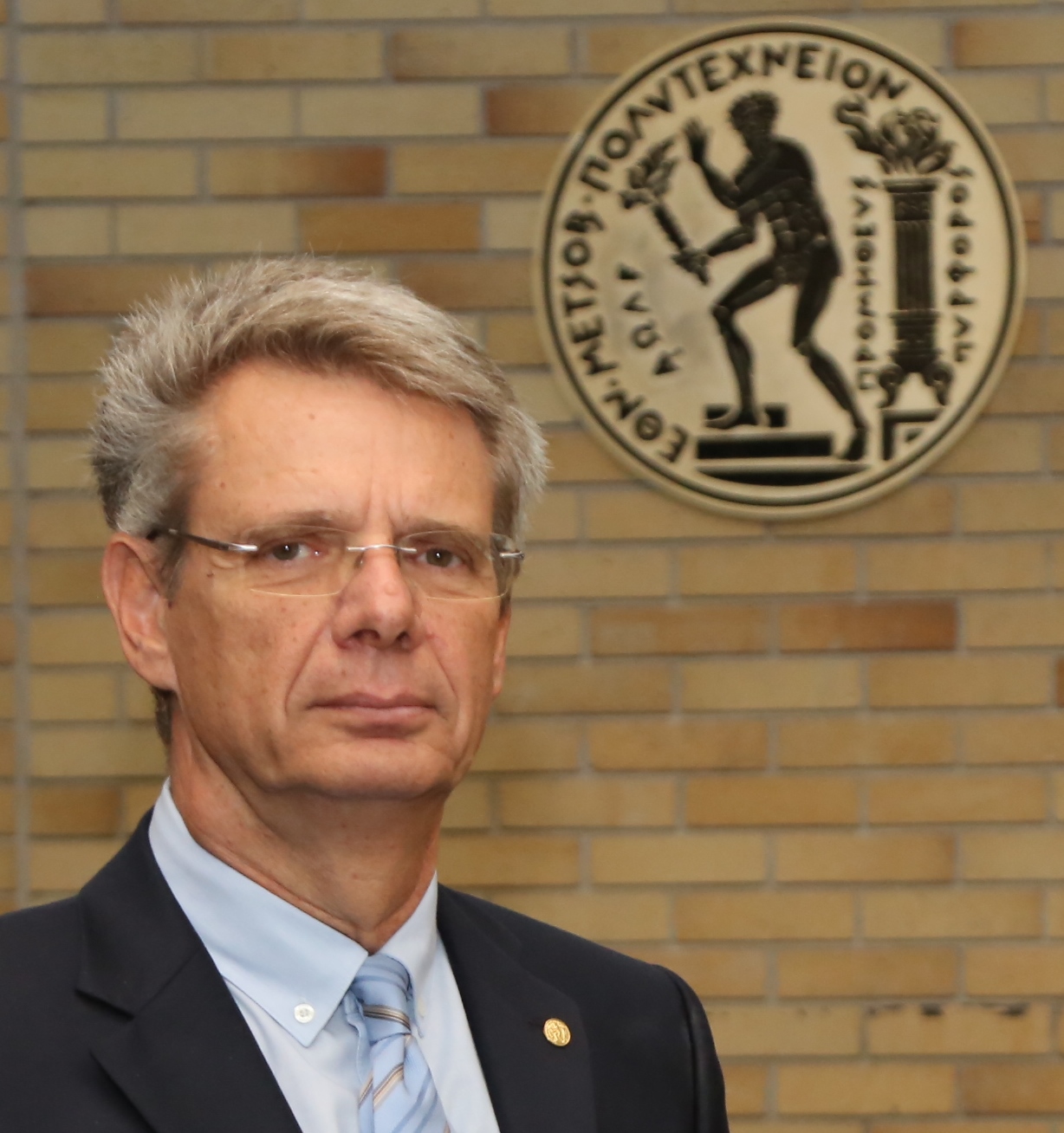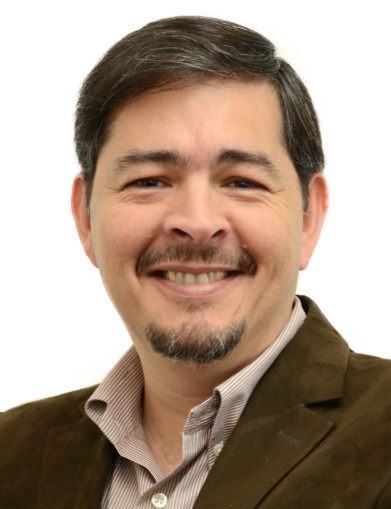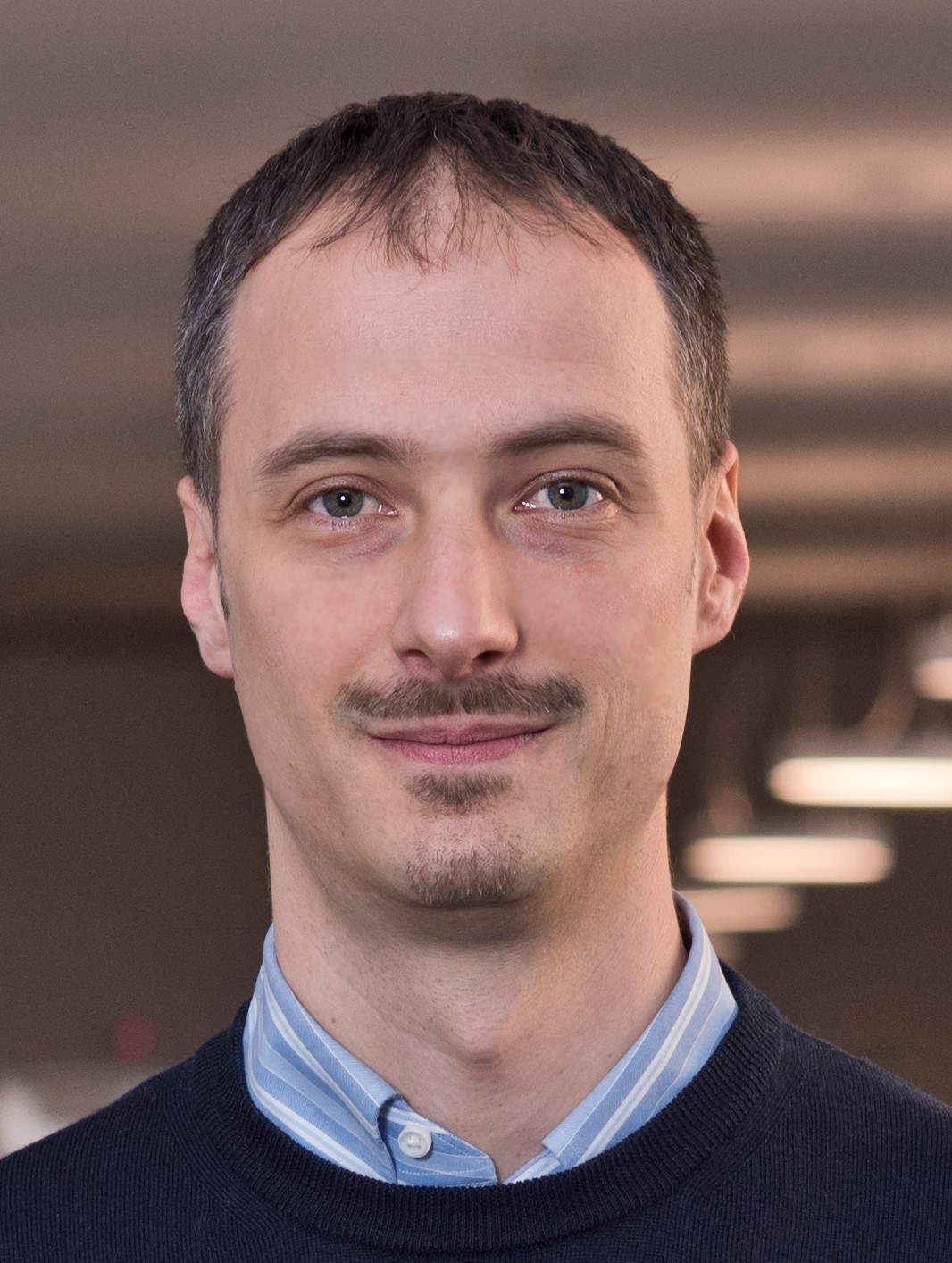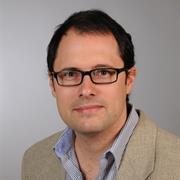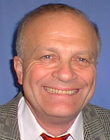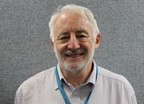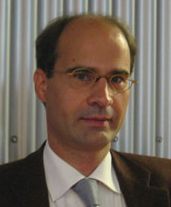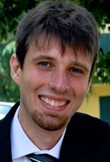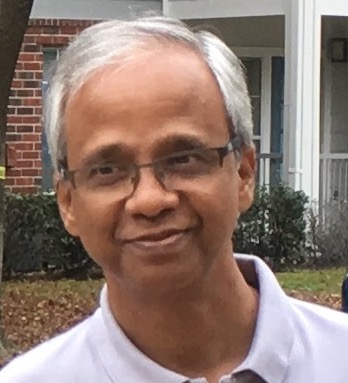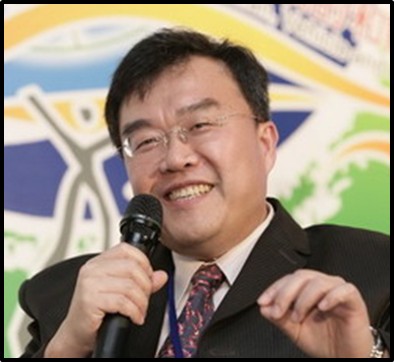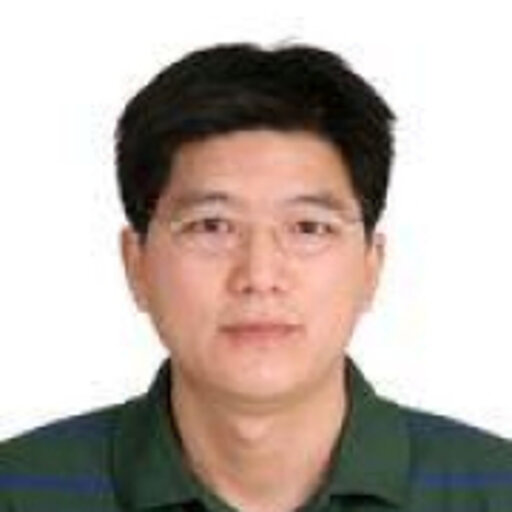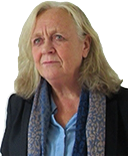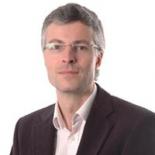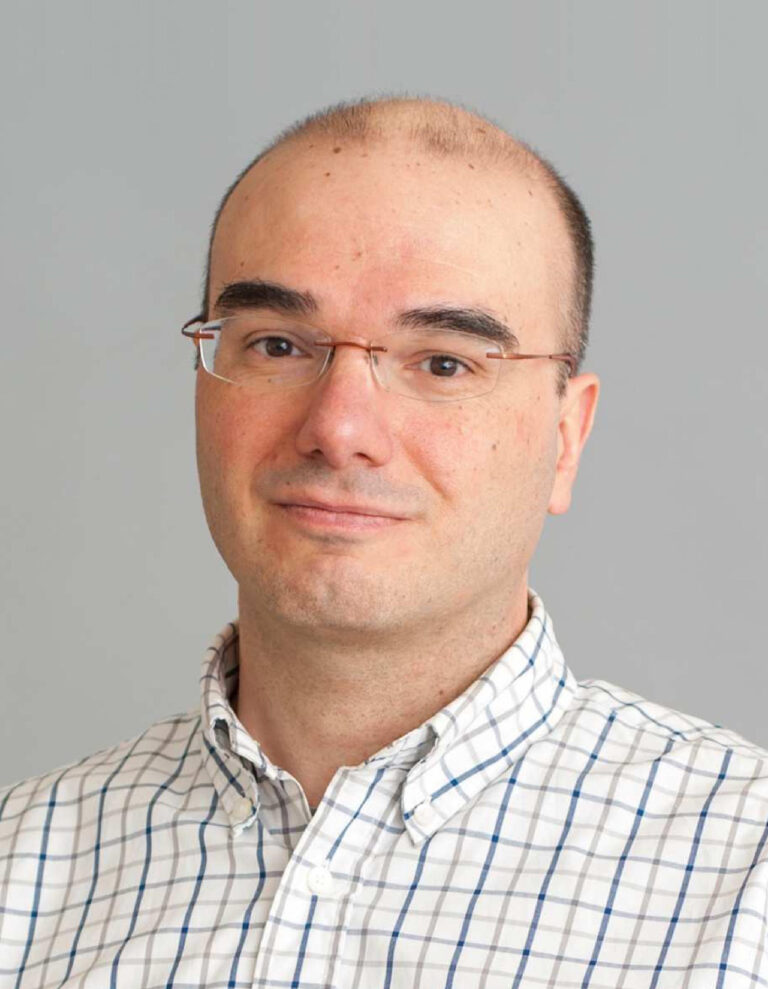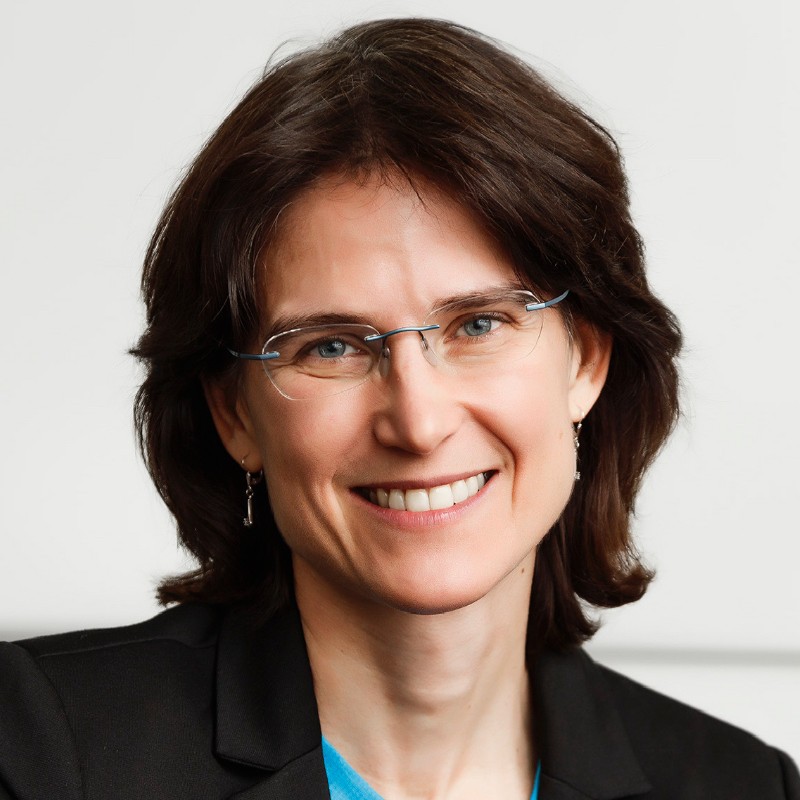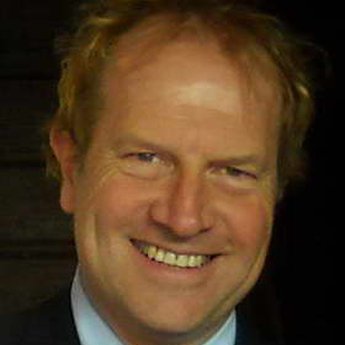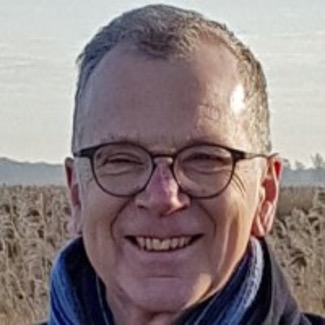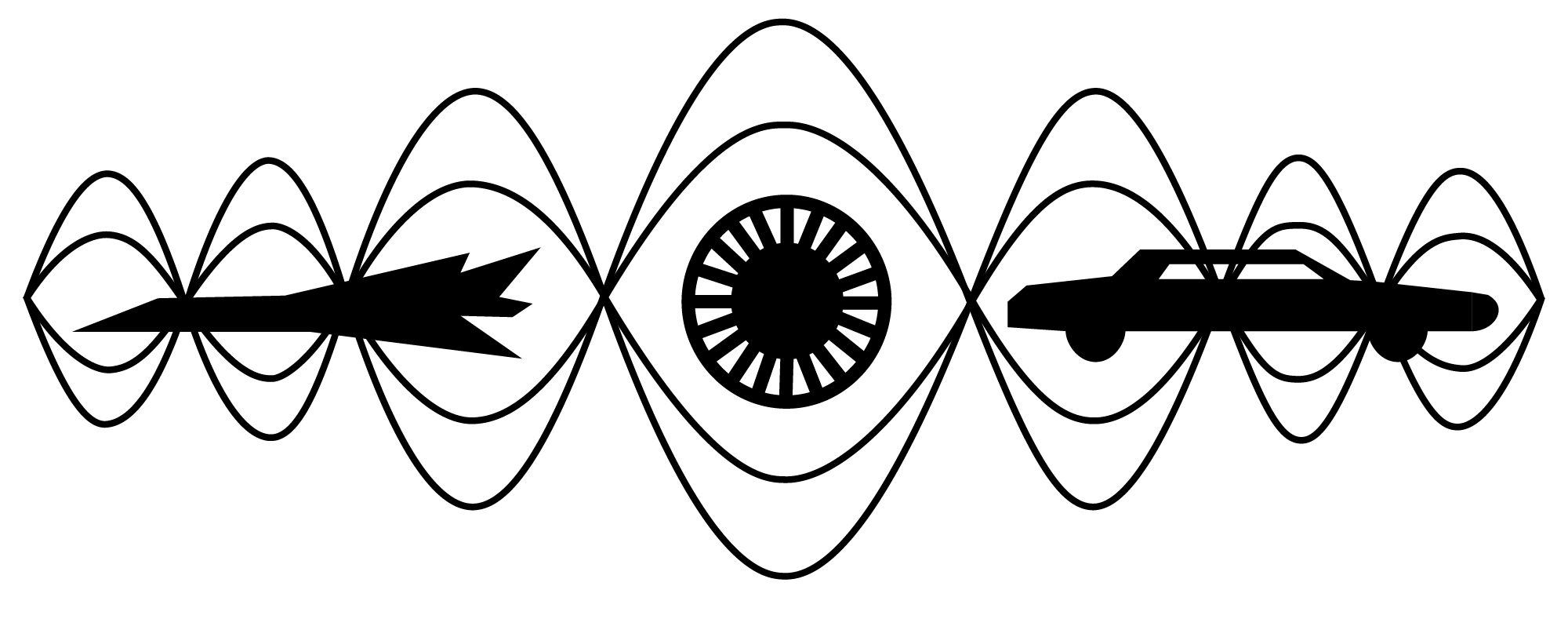- Homepage
- Scope of the congress
- Congress Venue
- Local Organising and Scientific Committees
- International Organising Committee
- International Scientific Committee
- Brochure and Video
- Distinguished Plenary Lectures
- Programme
- Scientific Programme
- Exhibitors & Sponsors
- Student Paper Award
- Social Events
- Publication Ethics and Malpractice Statement
- Editorial policy
- Contact Us
- IIAV
In order to cover the broadest range of high-level technical contributions from all over the world, the Scientific Programme is structured into 18 Theme Areas (T), that include several Structured Sessions and Regular Sessions.
| Theme Area T01 | Acoustical and vibration measurement and instrumentation |
| This theme area covers all aspects related to the measurement of sound and vibration. It includes sessions concerning traditional measurement instruments, but also proposals concerning new measurement concepts: new transducers, new mathematical algorithms, new acoustical parameters, or new applications of traditional technologies for multimedia and virtual reality. | ||||||||||||||
|
Within this Theme Area different sessions are already planned. Regular Sessions
Structured Sessions
| |||||||||||||||
| Theme Area T02 | Active noise and vibration control-mechatronics |
| The theme includes any concept or device that requires a combination of actuators (loudspeaker, piezoceramic, inertial actuator...), sensors (accelerometer, microphones...), and control units for real-time signal processing. The theme includes active and semi-active, control of sound and vibration, smarts structures, smart earplug, smart headset, mechatronics... Presentations can include conceptual design of system, theoretical development, algorithms design and practical implementations. | ||||||||||||||
|
Within this Theme Area different sessions are already planned. Regular Sessions
Structured Sessions
| |||||||||||||||
| Theme Area T03 | Aeroacoustics, thermoacoustics, combustion noise, aircraft noise and vibration |
| This subject area includes all aspects concerning sound generated by fluid flow, combustion processes or by the interaction of a flow with surfaces, as well as aircraft noise and vibration. Some examples are the description of source mechanisms or of the propagation in particular situations; jet noise; fan and compressor noise; wind turbines; active or passive control of aerodynamically generated sound and vibration, notably in aircraft, trains, and other vehicles, including space vehicles; analytical and numerical solutions for specific problems. | ||||||||||||||||||||||||||||||
|
Within this Theme Area different sessions are already planned. Regular Sessions
Structured Sessions
| |||||||||||||||||||||||||||||||
| Theme Area T04 | Environmental and community noise, soundscapes |
| This theme area covers all aspects of environmental, community noise and soundscape research. These topics include, but are not limited to, environmental noise strategy, the role of sound in urban experience, outdoor noise propagation, community involvement and soundscape assessments. | ||||||||||||||||
|
Within this Theme Area different sessions are already planned. Regular Sessions
Structured Sessions
| |||||||||||||||||
| Theme Area T05 | Physical acoustics, ultrasound, and wave propagation |
| All aspects of ultrasonic wave propagation including analytical modelling, numerical modelling, transduction mechanisms, imaging algorithms, quantitative inversion algorithms as well as nonlinear acoustic. This theme is interested in the biomedical, nondestructive testing and structural health monitoring fields of application. | ||||||||||||||||||
|
Within this Theme Area different sessions are already planned. Regular Sessions
Structured Sessions
| |||||||||||||||||||
| Theme Area T06 | Industrial and occupational noise and vibration |
| This theme involves hearing loss prevention and protection of workers exposed to occupational noise and vibration. It includes, but is not limited to, the identification of risk arising from noise and vibration at work, the development and improvement of measurement and assessment methods, predictive and modelling methods, hearing protection (measurements, advanced technologies, comfort), hand-arm and whole-body vibration, machinery and factory noise, etc. | ||||||||||
|
Within this Theme Area different sessions are already planned. Regular Sessions
Structured Sessions
| |||||||||||
| Theme Area T07 | Structural dynamics and nonlinear vibration |
| This theme area covers all the aspects of experimental and computational methods for the characterization, analysis, design, and optimization of nonlinear mechanical systems. These topics include, but are not limited to, emerging methods in mechanical system design, optimal design in the framework of nonlinear dynamics, vibration control and damping of nonlinear systems, stochastic analysis and robust design, recent developments in numerical methods (finite volumes, boundary element methods, octree mesh, isogeometric analysis), artificial intelligence and machine learning in structural dynamics, and rotordynamics. | ||||||||||||||||||||||
|
Within this Theme Area different sessions are already planned. Regular Sessions
Structured Sessions
| |||||||||||||||||||||||
| Theme Area T08 | Materials for noise and vibration control |
| Materials come in a variety of forms to provide sound absorption, isolation and vibration damping. In the last decades, the use and variety of available materials has increased greatly. Recent advances in material science, manufacturing processes, chemistry, and nanotechnologies are producing significant improvements in the design, production, and performance of specialized materials and metamaterials. Papers related (but not limited) to advances, development, analysis and/or optimization of materials or metamaterials that have been produced for the specific purpose of providing high values of sound absorption, vibration damping, and vibration and/or noise isolation are welcome within this Subject Area. The papers can be related to fundamental research, and/or applications, related to design, modelling, testing, and/or manufacturing of noise and vibration control materials or metamaterials. Due to the importance of the subject, this subject area will also welcome studies on environmentally friendly materials that are made of recycled products and/or through less contaminating processes. | ||||||||
|
Within this Theme Area different sessions are already planned. Structured Sessions
| |||||||||
| Theme Area T09 | Psychological, physiological, and biological acoustics |
| This theme area covers a range of topics in the fields of psychological, physiological, and biological acoustics. Both theoretical and applied papers are welcomed. | ||||||||
|
Within this Theme Area different sessions are already planned. Regular Sessions
Structured Sessions
| |||||||||
| Theme Area T10 | Signal processing and nonlinear methods |
| This theme area covers a wide range of topics related to the application of signal processing and nonlinear methods to the analysis of acoustics and vibration systems. This includes linear and nonlinear signal processing, vibro-acoustic imaging, source localization, inverse problems, big data problems, parametric and non-parametric pattern recognition, vibro-acoustical condition monitoring, diagnosis, and prognosis. | ||||||||||||||||
|
Within this Theme Area different sessions are already planned. Regular Sessions
Structured Sessions
| |||||||||||||||||
| Theme Area T11 | Room and building acoustics |
| This theme area covers all aspects of building and room acoustics related to the transmission of sound and vibration through building elements, the acoustical qualities of spaces and the architectural acoustic design. The common framework is the noise and vibration control methodology and the evaluation of the perceived quality of sound in rooms. | ||||||||||||||
|
Within this Theme Area different sessions are already planned. Regular Sessions
Structured Sessions
| |||||||||||||||
| Theme Area T12 | Marine acoustics |
| This theme area on marine noise includes ship noise and vibration, harbor, and environmental underwater noise, underwater noise from pile driving, marine propeller noise, underwater acoustic communication and signal processing, numerical methods for underwater acoustics and vibro-acoustics of submerged structures. | ||||||||||
|
Within this Theme Area different sessions are already planned. Regular Sessions
Structured Sessions
| |||||||||||
| Theme Area T13 | Musical acoustics |
| This theme covers all aspects related to advancements in musical acoustics, including but not limited to the following topics: modelling and analysis of musical instruments and the singing voice, analysis and synthesis of musical sounds, experimental techniques for sound and instrument characterization, psychoacoustics, music cognition, performance and pedagogy, new devices for music performance and interaction. | ||||||||||
|
Within this Theme Area different sessions are already planned. Regular Sessions
Structured Sessions
| |||||||||||
| Theme Area T14 | Road and railway noise and vibration |
| The theme area on road and rail transportation noise and vibration covers the broad issue of generation and propagation of sound and ground borne vibration from road and rail transport. Structured sessions will be dedicated partly to the urban environment, with rail bound transport and road transport. In addition, novel design, and control method for sound effect inside vehicles, will be highlighted. Rail induced vibration has gained more attention in recent years and structured sessions will be organized for this topic. Recent developments such as the revision of EU type approval standards and the gradual increase of electric and hybrid vehicles will be treated. Sound effect analysis and design inside vehicles cabin environment, for electric and autonomous vehicles will also be specially discussed. | ||||||||||
|
Within this Theme Area different sessions are already planned. Regular Sessions
Structured Sessions
| |||||||||||
| Theme Area T15 | Noise and Health |
| |||||||||||
|
Within this Theme Area different sessions are already planned. Structured Sessions
| |||||||||||
| Theme Area T16 | Vibration Serviceability of Structures and Buildings |
| The construction industry faces significant challenges as it aims to meet the demand for more economical, low-carbon structures. Stronger, lighter, and more efficient structures, the increased use of timber and the more effective use of existing urban sites are all helping to meet this demand, but this is at the expense of structures that are more prone to vibration. Structures become livelier under the action of wind, vehicles, and human-induced loading; buildings suffer from ground-borne vibration and re-radiated noise; and designs increasingly struggle to meet the more demanding standards governing noise and vibration that are essential for occupant well-being, productivity, and the operation of sensitive processes. Vibration performance is now often a governing design criterion that dictates structural form and cost. This theme aims to bring together researchers and practitioners working within this broad area of Vibration Serviceability, with the aim of highlighting recent advances in our understanding, knowledge and the analysis and design tools in this rapidly developing area. Papers are invited in: Vibration Control of Civil Engineering Structures; Human-Structure Interaction; Ground-borne Vibration Mitigation in Buildings; Soil-Structure Interaction. | ||||||||
|
Within this Theme Area different sessions are already planned. Structured Sessions
| |||||||||
| Theme Area T17 | Acoustic and Thermal Retrofit of Buildings |
| It is well known that traditional thermal insulation does not protect from noise pollution but, quite often, improvements of thermal performance in building facades result in a reduction of the acoustic performances. Additionally, there is a high risk that thermally convenient solutions are acoustically inconvenient, especially in renovation projects, because light-weight materials are usually applied in this case. Unfortunately, such materials have, by default, poor sound-insulating properties especially at low frequencies. Along with the Green Deal initiative, it is then of importance to also tackle the issue of acoustic performances. According to the World Health Organisation (WHO) in Western Europe alone at least 1.6 million healthy years of life are lost because of noise exposure, and environmental noise features among the top risks to physical and mental health in Europe. The United Nations (UN) estimates that by 2050 about 68% of the world's population will likely live in cities resulting in noise polluted areas. The aim of this session is to apply an interdisciplinary approach addressing sustainable acoustic and thermal aspects joint in sustainable solutions able to generate realistic and practical approaches for next generation retrofit of buildings. Any paper featuring aspects considered in the MSCA ActaReBuid project (https://actarebuild.eu/) are welcome as well. | ||
|
Within this Theme Area different sessions are already planned. Structured Sessions
| |||
| Theme Area T18 | Sonic Environments |
| This theme explores how people interact with their sonic environment. The structured sessions investigate the multifaceted influences of sound on our daily lives, addressing ways to enhance sound quality in both indoors and outdoors. Topics include auralization techniques, psychoacoustics, indoor space comfort, occupational noise hygiene, and emerging risks. Urban soundscapes, quiet areas, and noise mapping advancements are explored, along with the health effects of sound. Furthermore, the sessions explore ways for fostering awareness, employing methods such as citizen science to actively engage the public in understanding the sonic environment. The sessions contribute to valuable insights, offering practical strategies for optimising soundscapes to improve the acoustic environments and promoting a heightened awareness of the acoustic environment. | ||||||||||||||||||||||||||||
|
Within this Theme Area different sessions are already planned. Structured Sessions
| |||||||||||||||||||||||||||||
Participant's area I forgot my password Create a new account |
Photos of Netherlands  |

